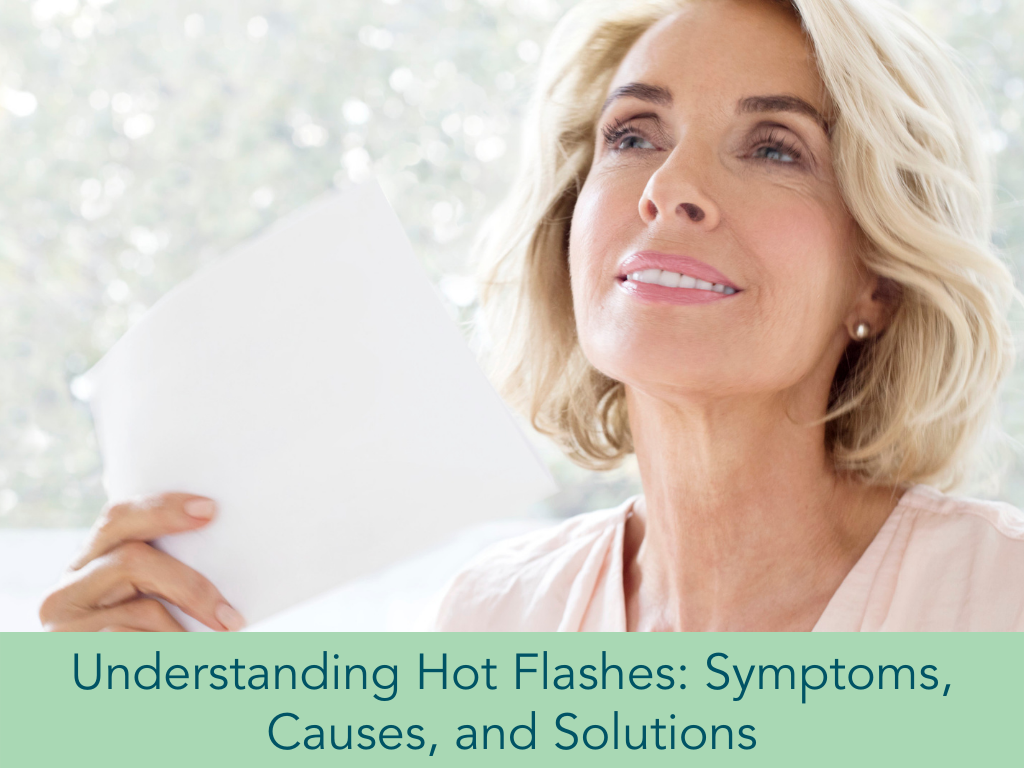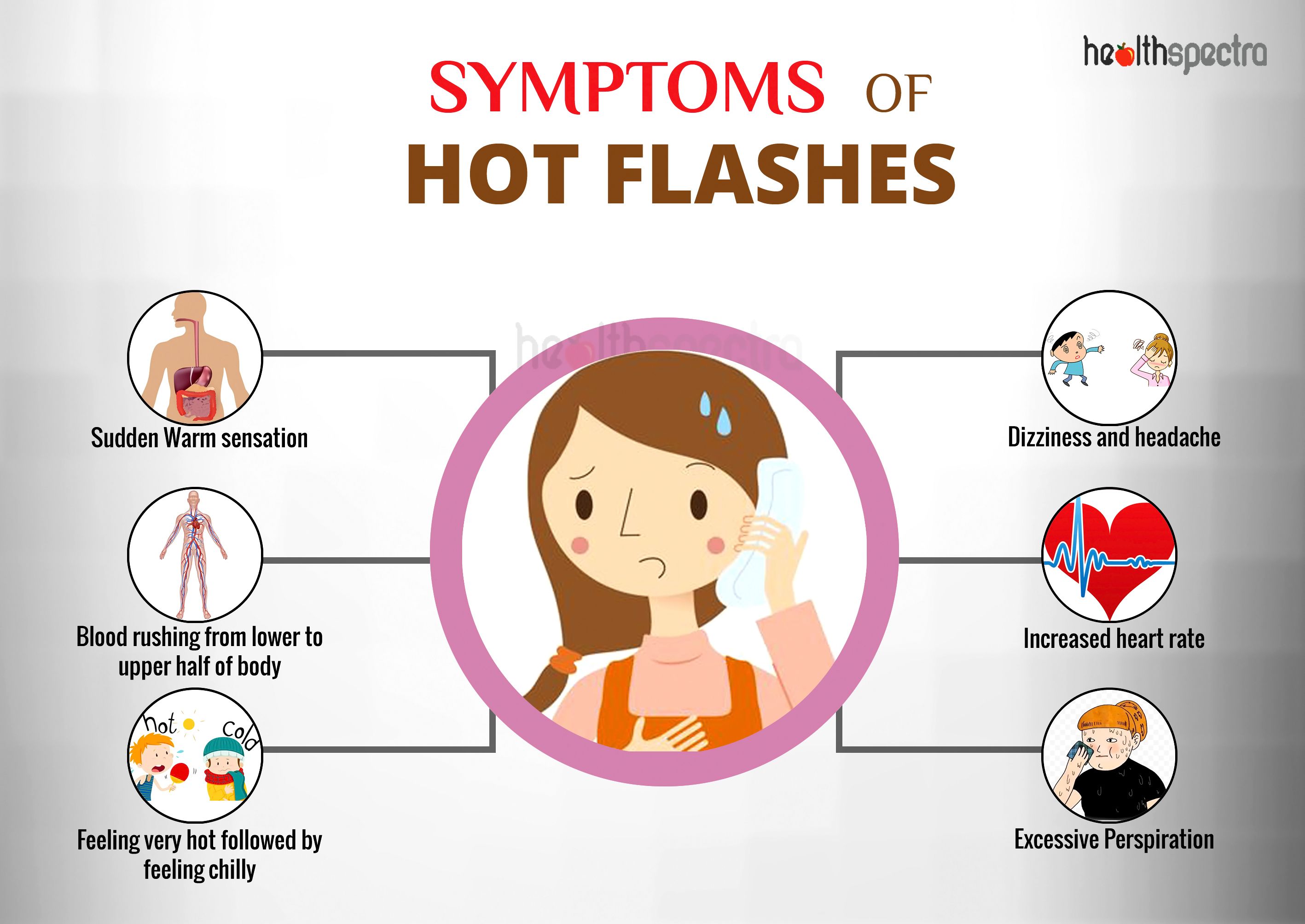Hot flashes causes – Hot flashes, a common symptom experienced by many, are sudden sensations of intense heat that can cause discomfort and disruption. Understanding the causes of hot flashes is crucial for effective management and finding relief. This comprehensive guide explores the hormonal, neurological, lifestyle, and medical factors that contribute to hot flashes, empowering individuals with the knowledge to take control of their symptoms.
From hormonal imbalances during menopause to the impact of stress and lifestyle choices, this guide delves into the intricacies of hot flashes, providing a clear understanding of their triggers and potential remedies. With a focus on practical advice and evidence-based information, this guide offers a roadmap to managing hot flashes and improving overall well-being.
Hormonal Changes

Hormonal changes are a primary cause of hot flashes. Estrogen and progesterone, two key female hormones, play a significant role in regulating body temperature.
During menopause, the ovaries gradually stop producing estrogen and progesterone. This decline in hormone levels can disrupt the body’s ability to regulate temperature, leading to hot flashes.
Estrogen and Hot Flashes
- Estrogen helps to maintain a stable body temperature by widening blood vessels near the skin’s surface, allowing heat to escape.
- When estrogen levels decline during menopause, blood vessels become narrower, reducing heat dissipation and causing hot flashes.
Progesterone and Hot Flashes
- Progesterone also plays a role in temperature regulation, but its effects are less direct than estrogen.
- Progesterone helps to balance the effects of estrogen and can reduce the severity of hot flashes in some women.
- During menopause, progesterone levels also decline, further contributing to hormonal imbalances and hot flashes.
Hormonal Imbalances and Hot Flashes
In addition to menopause, other hormonal imbalances can trigger hot flashes, such as:
- Thyroid problems, such as hyperthyroidism (overactive thyroid) or hypothyroidism (underactive thyroid)
- Pituitary gland disorders, such as Cushing’s syndrome or Addison’s disease
- Certain medications, such as antidepressants or hormone replacement therapy
If you are experiencing hot flashes and suspect a hormonal imbalance, it is important to consult a healthcare professional for evaluation and appropriate treatment.
Lifestyle Factors

Lifestyle choices can significantly impact hot flash frequency and severity. Identifying and avoiding common triggers can provide relief and improve overall well-being.
Smoking, Hot flashes causes
Smoking exacerbates hot flashes due to the presence of nicotine, a vasoconstrictor that narrows blood vessels and reduces blood flow to the skin. This constriction can lead to increased body temperature and trigger hot flashes.
Obesity
Excess weight can contribute to hot flashes as body fat insulates the body, making it more difficult to regulate body temperature. Additionally, hormonal changes associated with obesity can further increase hot flash frequency.
Recommended Lifestyle Modifications
- Avoid or limit caffeine, alcohol, and spicy foods, as these can trigger hot flashes in some individuals.
- Quit smoking to reduce the frequency and severity of hot flashes.
- Maintain a healthy weight to improve overall health and reduce hot flash symptoms.
Medical Conditions

Medical conditions can also contribute to hot flashes. These conditions include thyroid disorders, certain medications, and other medical issues.
Thyroid Disorders
Thyroid disorders, such as hyperthyroidism (overactive thyroid) and hypothyroidism (underactive thyroid), can disrupt the body’s hormone balance and trigger hot flashes.
Medications
Certain medications, such as chemotherapy drugs, hormone replacement therapy, and antidepressants, can cause hot flashes as a side effect.
Other Medical Conditions
Other medical conditions that may trigger hot flashes include:
- Diabetes
- Heart disease
- Stroke
- Multiple sclerosis
- Cancer
Management Strategies
Managing hot flashes involves addressing the underlying causes and implementing lifestyle modifications. Several treatment options are available, including hormonal therapy, antidepressants, and lifestyle changes. Over-the-counter products can also provide relief.
Treatment Options
| Treatment | Description | Benefits | Risks |
|---|---|---|---|
| Hormonal Therapy | Replaces lost estrogen and progesterone | Effective in reducing hot flashes | Increased risk of blood clots, stroke, and breast cancer |
| Antidepressants | Reduces the frequency and severity of hot flashes | Fewer side effects than hormonal therapy | May cause nausea, insomnia, and weight gain |
| Lifestyle Modifications | Changes in diet, exercise, and stress management | Reduces the severity and frequency of hot flashes | Requires consistency and effort |
Tips for Managing Hot Flashes at Home
Simple lifestyle changes can help manage hot flashes at home:
- Dress in layers to adjust to temperature changes.
- Use a fan or air conditioner to cool down.
- Take cool showers or baths.
- Avoid caffeine, alcohol, and spicy foods, which can trigger hot flashes.
- Engage in regular exercise to regulate body temperature.
- Practice relaxation techniques, such as yoga or meditation, to manage stress.
Over-the-Counter Products
Certain over-the-counter products can provide temporary relief from hot flashes:
- Cooling gels or sprays
- Supplements containing black cohosh or red clover
- Soy-based products
Key Questions Answered: Hot Flashes Causes
What are the most common causes of hot flashes?
Hormonal changes during menopause, particularly a decline in estrogen levels, are the primary cause of hot flashes. Other factors such as stress, certain medications, and underlying medical conditions can also contribute.
How can I manage hot flashes naturally?
Lifestyle modifications like avoiding triggers (caffeine, alcohol, spicy foods), managing stress, and maintaining a healthy weight can help reduce hot flash frequency and severity.
When should I see a doctor about hot flashes?
If hot flashes are severe, persistent, or interfere with daily life, it’s important to consult a healthcare professional to rule out any underlying medical conditions and explore treatment options.